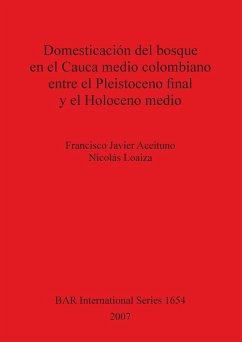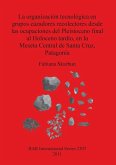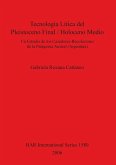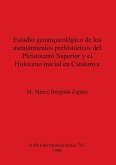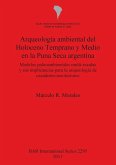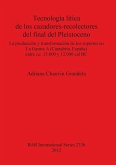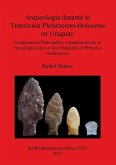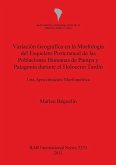This volume presents the results from the research project entitled 'Domesticación del bosque en el Cauca medio entre el Pleistoceno final y el Holoceno medio', the objective of which was to rebuild the colonization and effective occupation in the premontane humid forests of the Colombian Cordillera Central (northern Andes). For a long period tropical rain forests have been considered geographical barriers for human dispersals, nevertheless the data presented in this book demonstrate that mountain range forests were colonized during the Pleistocene-Holocene Transition. Far from the ecologically passive hunter gatherer stereotype, the human groups that peopled the Cauca medio region developed agrilocality patterns very early on their settlement, implying the anthropic transformation of the humid Andean forests. These first groups developed forest adaptations based on the manipulation of plants, through the creation of anthropic patches that in effect constituted actual plant domestication 'laboratories'. Forest management in a migrating production was the main strategy of effective occupation of the territory up to the middle Holocene.
Hinweis: Dieser Artikel kann nur an eine deutsche Lieferadresse ausgeliefert werden.
Hinweis: Dieser Artikel kann nur an eine deutsche Lieferadresse ausgeliefert werden.

